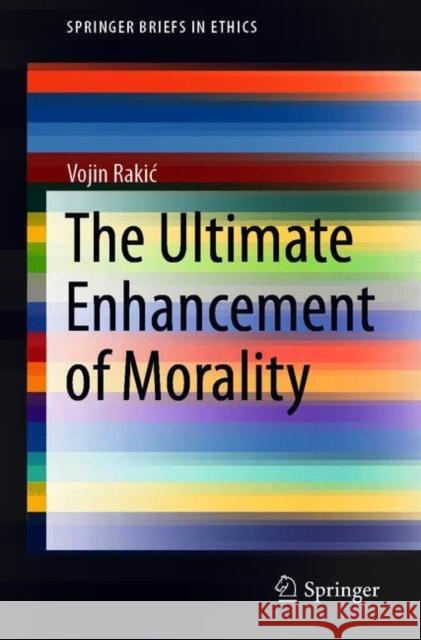The Ultimate Enhancement of Morality » książka
topmenu
The Ultimate Enhancement of Morality
ISBN-13: 9783030724726 / Angielski / Miękka / 2021 / 84 str.
Kategorie BISAC:
Wydawca:
Springer
Seria wydawnicza:
Język:
Angielski
ISBN-13:
9783030724726
Rok wydania:
2021
Wydanie:
2021
Numer serii:
000440812
Ilość stron:
84
Waga:
0.15 kg
Wymiary:
23.39 x 15.6 x 0.53
Oprawa:
Miękka
Wolumenów:
01
Dodatkowe informacje:
Wydanie ilustrowane











